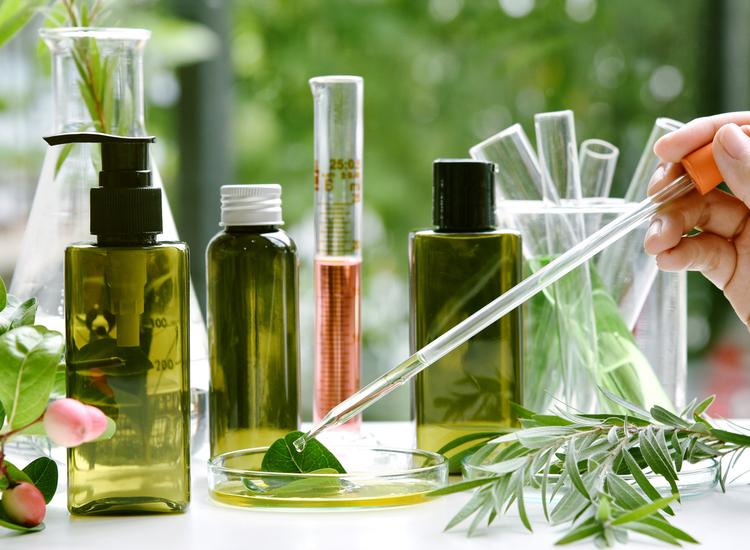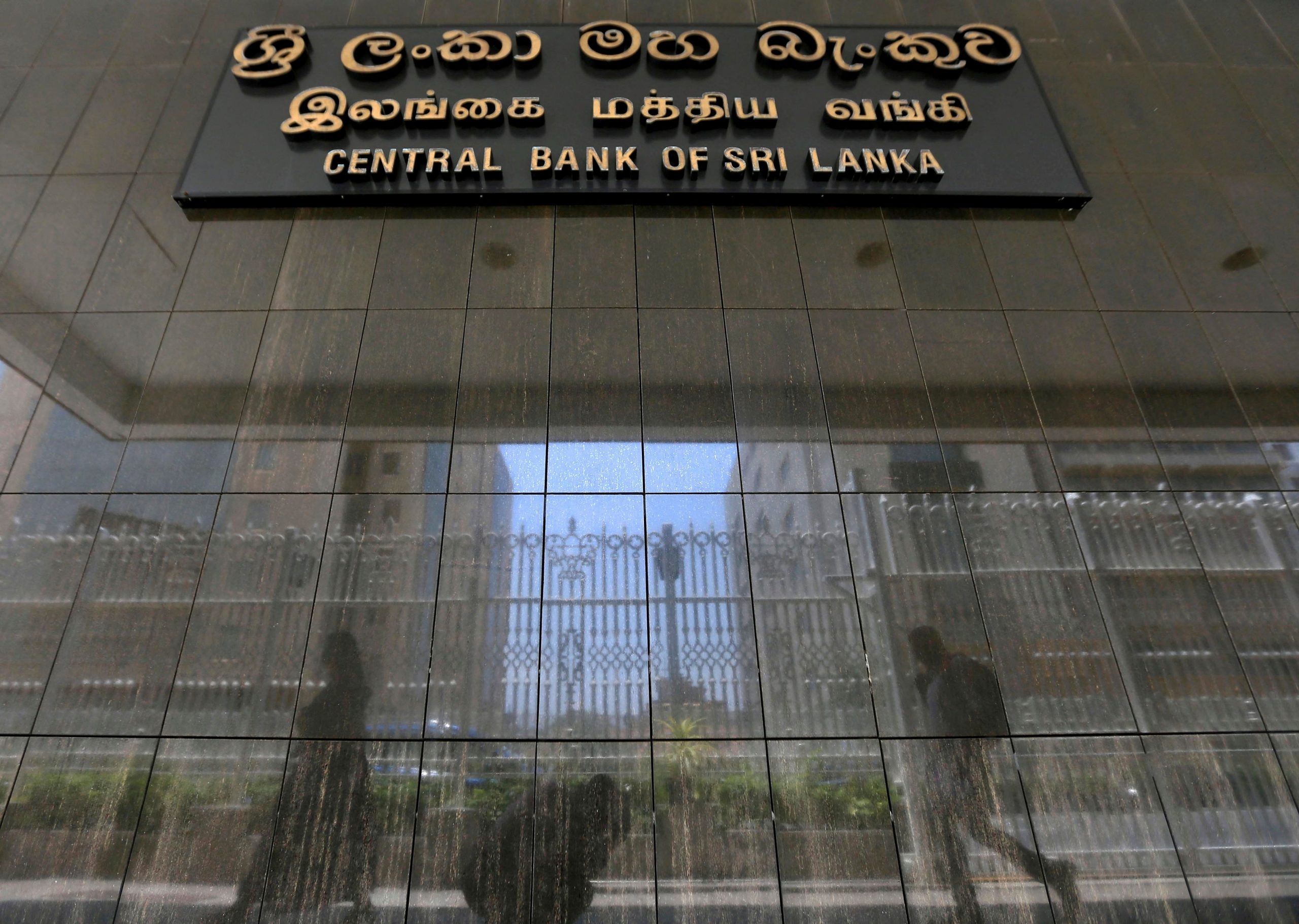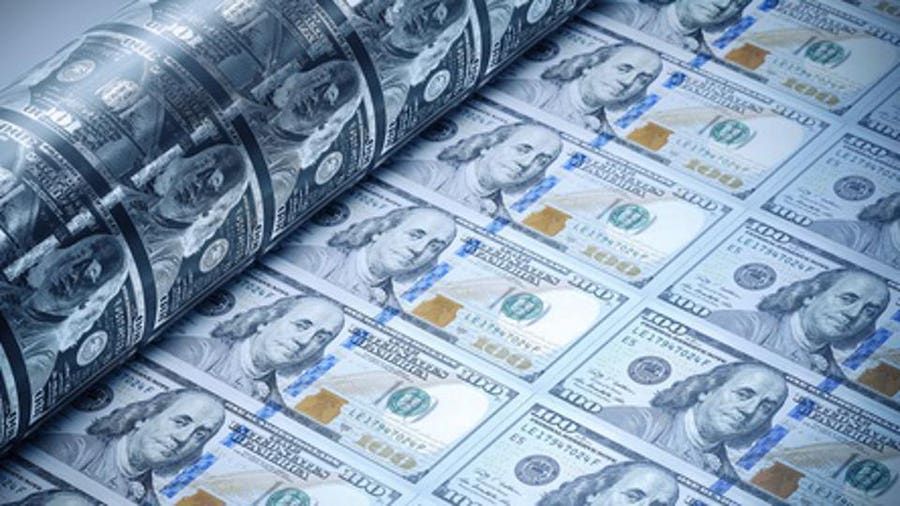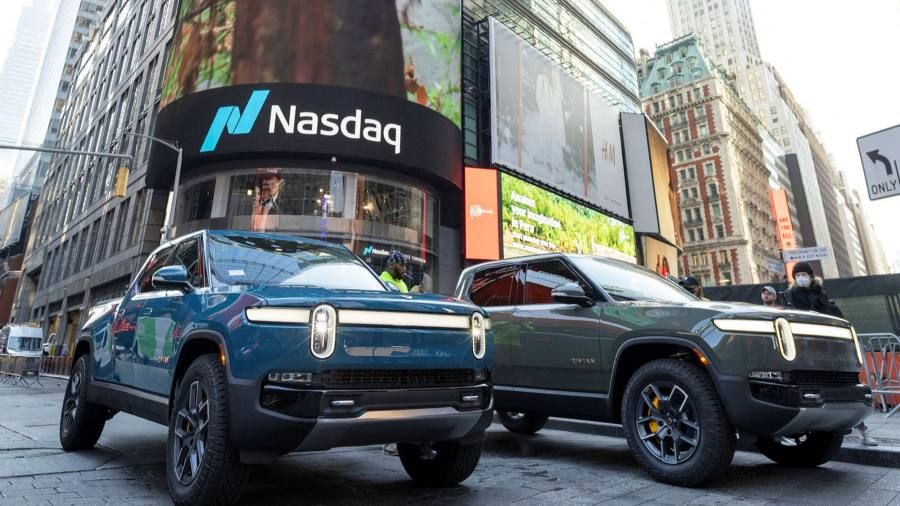While the enduring ‘lipstick effect’ – consumers’ inclination to indulge in small luxury purchases in times of economic uncertainty – continues to shape spending habits, a nuanced shift is garnering attention in the beauty industry. As fragrances demonstrate resilient demand, they appear to be emerging as another potent symbol of this psychological phenomenon.
The robust earnings of multinational beauty company Coty (COTY) in the third quarter shed light on this trend. Beating analysts’ estimates, the earnings rise was partially attributed to a surge in demand for their ‘prestige fragrances’. The company reported mid-teen growth in this division, an acceleration from the previous quarter.
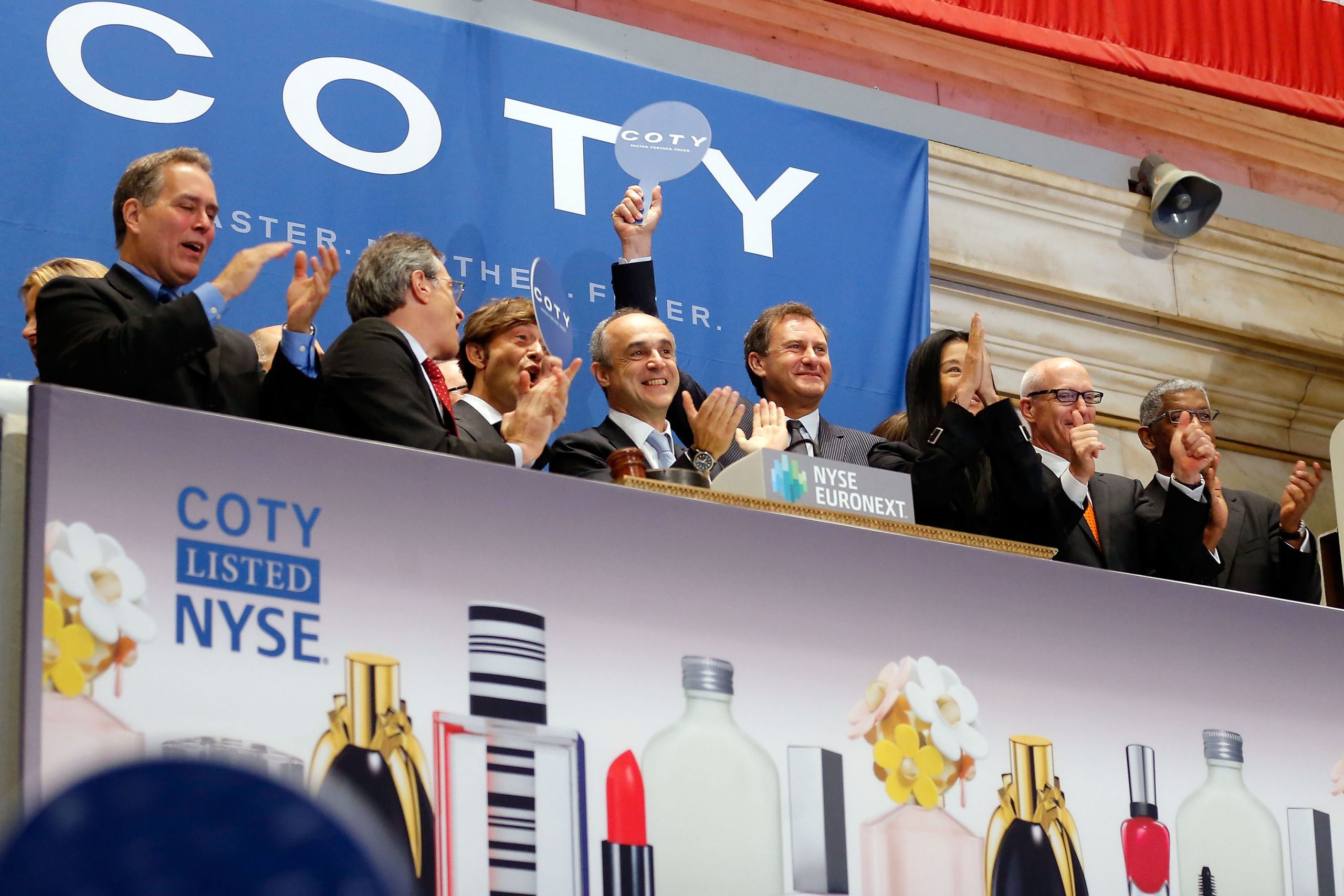
According to Sue Nabi, Coty CEO, the fragrance category is “booming in the US,” registering 60% growth over pre-pandemic levels. This ‘fragrance index’ is also showing signs of expanding across the globe. Nabi stated, “You can see it happening now in Europe and also in China. So this phenomenon behind fragrances is globalizing.”
Nabi attributes the upswing in fragrances to three main factors: an influx of consumers to the category, a shift towards more premium fragrances, and an increase in usage frequency.
The renaissance of the fragrance industry is partly driven by consumers “rediscovering” the category. Interestingly, the Gen Z demographic, men, and the Hispanic community in the US are showing an affinity for fragrances. According to Nabi, these consumers perceive fragrance as an “escapism” product, a “mood booster”, and more importantly, “a self-expression tool.” They’re also using more of it.
Elaborating on the trends, Nabi said, “What consumers are doing, [they’re] spraying more, especially Gen Z, who use fragrances not [only] on their skins, they use fragrances on their clothes and outfits. So they spray much more, and it’s shortening the lifespan of the usage of the product. That’s what explains, in fact, this boom, both in volume and in value behind this market.”
Moreover, there’s a marked shift towards premium products such as eau de parfum over eau de toilette, given its higher concentration of oils and extended longevity. Fragrances like Burberry’s Hero and Her, Gucci Flora Gorgeous Jasmine and Gorgeous Gardenia, Boss Bottled Parfum, and Chloe Atelier des Fleurs have all been riding this wave of ‘premiumization’.
Nabi added, “People like these little luxuries. At the end of the day, even in an environment where people are constrained, … what’s happening is that this kind of little luxury is something people are not ready to give up on. So that’s super, super important.”
This shift underlines the resilience of the beauty sector, and more specifically, the fragrance category, in the face of economic uncertainty. The burgeoning trend aligns with the growing demand for self-care products and the increasing emphasis on individuality and personal style. Fragrances, it seems, are not just about smelling good, but also about expressing identity and elevating mood – embodying a holistic sensorial experience that consumers are eagerly embracing. This new wave of fragrance appreciation might just be the aromatic antidote to the challenging times we live in.
©traders-news.online






